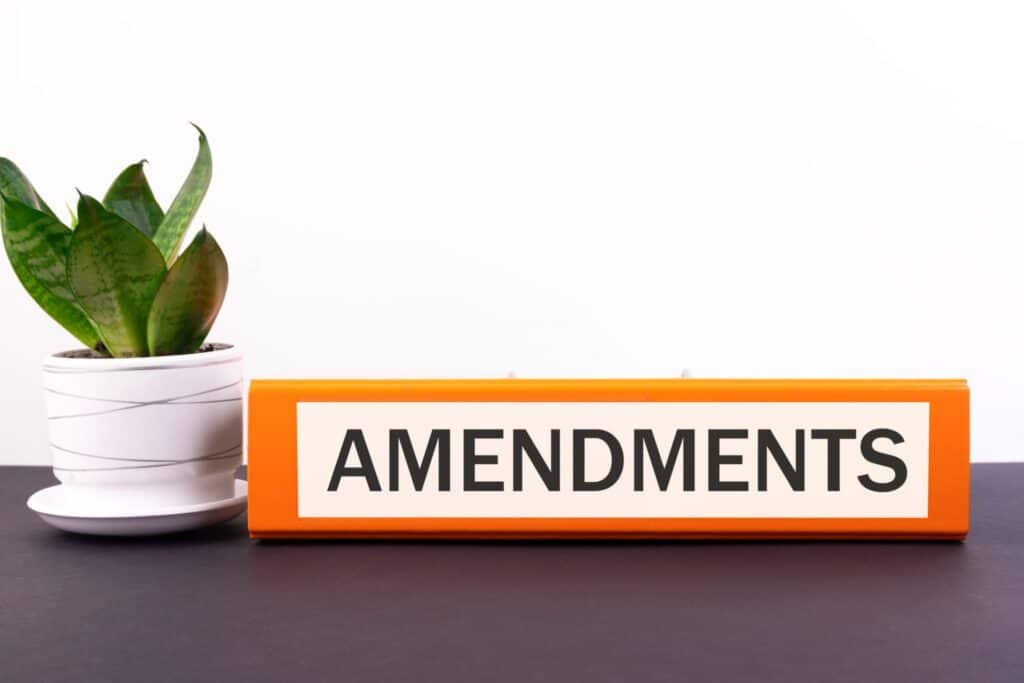If you are being charged with a crime, or are currently undergoing a trial for that charge, or even if you have been found guilty and are in the process of being sentenced, the U.S. Constitution provides you with rights and protections to make sure you’re not treated unfairly. For example, the Fourth Amendment protects your right to be free from unreasonable searches during law enforcement’s investigation of the crime, and the Sixth Amendment protects your rights during trial.
How the Fourteenth Amendment Also Protects Your Rights
However, one of the broadest protections that the Constitution provides is the Fourteenth Amendment. This amendment not only guarantees your right to the same protection under the law that everyone else gets, but also requires the criminal justice system to provide ample opportunity for you to make your case and defend yourself against charges.
One aspect of the Fourteenth Amendment is the Equal Protection Clause, which requires the law to treat everyone equally, rather than show favoritism to one group or another. This makes it especially important for issues surrounding racial discrimination, such as the ability of prosecutors to manipulate who gets to sit on a jury during a criminal trial.
Voir Dire and Peremptory Challenges
If you’re charged with a crime and opt to take the charge to a jury trial to prove your innocence, one of the things that will have to happen is the selection of the jury. This is called voir dire.
People from the surrounding area who have been called in for jury duty are questioned by both the prosecutor and your defense attorney. If there’s a reason for excluding a person from sitting on the jury – if they know you or one of the attorneys, for example – then they’ll be struck. However, both the prosecutor and your defense attorney have a certain number of peremptory challenges, which allows them to veto a potential juror for pretty much whatever reason they want.
Except race. Peremptory challenges that exclude a potential juror from sitting on the jury that are made solely because of that potential juror’s race are improper because they violate the Equal Protection Clause of the Fourteenth Amendment. Even in northern states like Maine, these kinds of peremptory challenges are used all the time by prosecutors who want to control the racial content of a jury. If the person charged with a crime is of one race, and the victim of the crime was of another, then prosecutors often want to make sure that the jury is of the same race as the victim in the hopes of using their sympathy to get a conviction.
Criminal Defense Attorney William T. Bly
The voir dire process can be one of the most important aspects of a trial: Selecting jurors who are sympathetic towards you can drastically improve your chances during the trial. Having an experienced criminal defense attorney who understands how to select a jury, and how to prevent the prosecution from abusing its peremptory challenges, can make a huge difference.
Contact the law office of Maine criminal defense attorney William T. Bly online or at (207) 571-8146.


